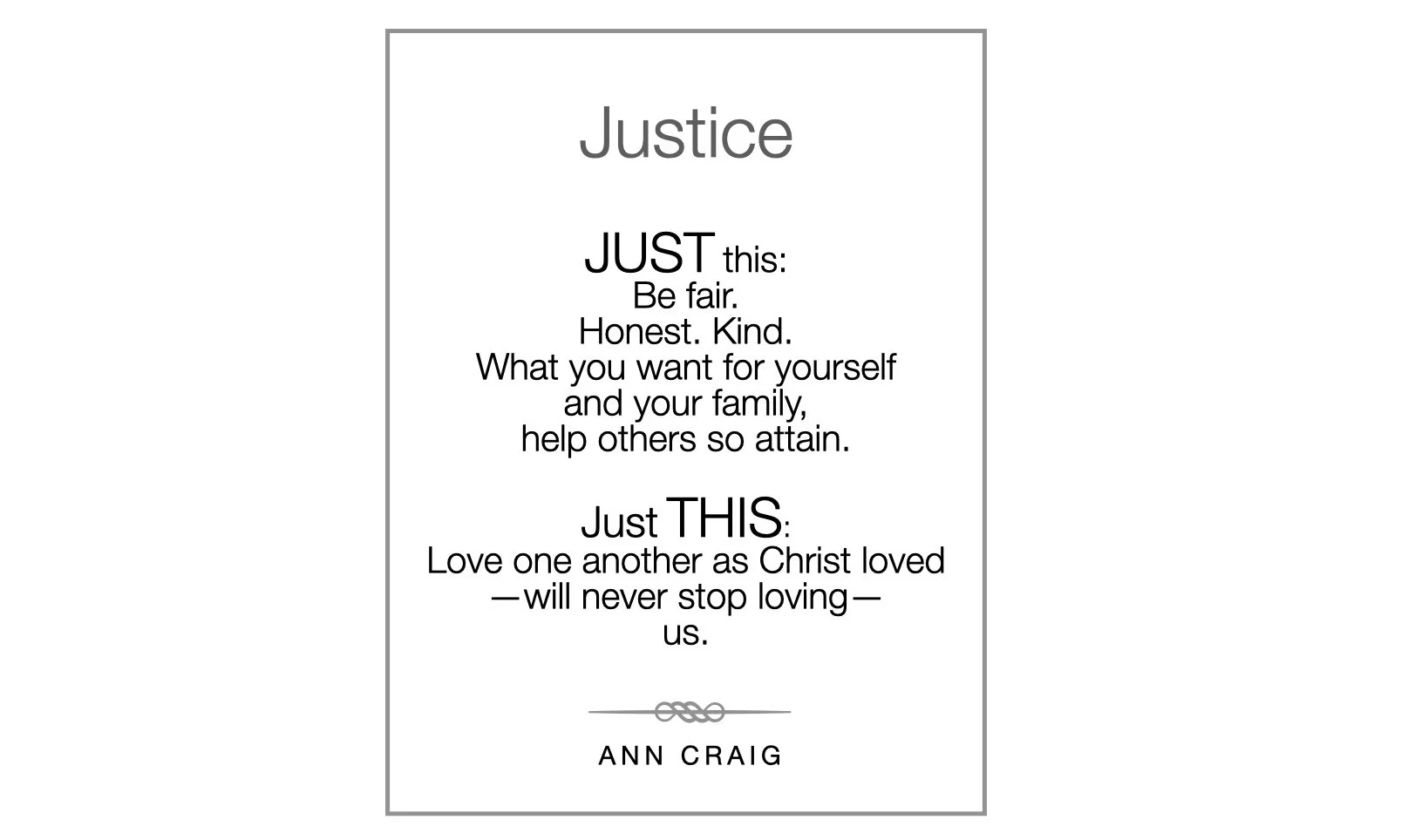Another election day is upon us. Many of us feel tense, anxious about the outcome: Will "our" candidates win? Will "our" ballot issues succeed? In a turbulent campaign year such as this—with the American people keenly divided over universal concerns—a distressing level of disrespect (and let's be honest—hatred) has surfaced.
We know there are always folks on the fringe just waiting to get their say; the Southern Poverty Law Center recently reported that 117 hate groups were being tracked in California alone. But even more scary than the organized groups is this: it might be your very own neighbors and friends who are acting out. The very people you say "hi" to each day as you pick up your mail might believe in conspiracy theories ... or secretly wish that immigrants would "go back where they came from" ... or pepper their social media with hostile comments intended to insult and hurt.
One of us at Bethany, while trying to get into a turn lane, became stuck amidst a national candidate's flag-waving truck parade on Elk Grove Boulevard. Horns honking, signs hoisted, people from her neighborhood hollering out of their SUV windows ... you'd think this would be a joy-filled experience. Instead it was terrifying. The mood of the drivers was sharp-edged and rude, with a sense of entitlement and self-endowed power permeating the scene. This was not a celebration but a calculated warning to everybody who did not share the group's beliefs. "I felt very threatened," she said, still shaking an hour later.
How do we deal with those who alarm us with their grandstanding and generalizations and ignorant exclusionary rhetoric? The Apostle Paul had a lot of experience dealing with enemies. He shared how important it is to not let the prospect of an "enemy" overpower or paralyze us ... but to regard these encounters as opportunities to tell people that their words offend and are not based on fact. To pray for change in others' attitudes and behaviors. To help them see the light of Christ and respond to it in loving ways. Paul knew this is not easy to do. But in his letters to followers, he counseled them—and us today—to not shrink from that which overwhelms and frightens ... and to have faith that God will never leave us.
—Cathy Betts Sapunor



